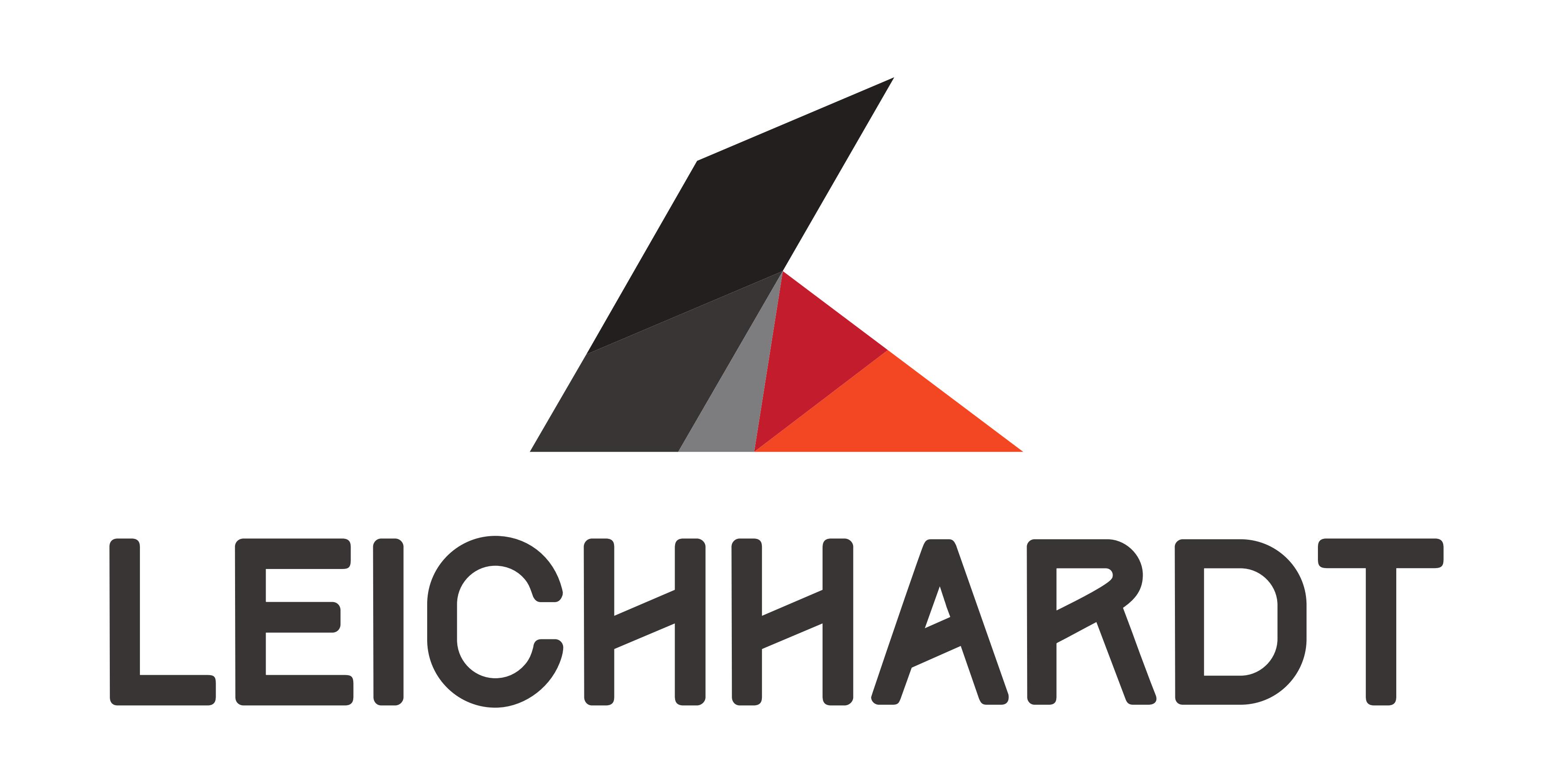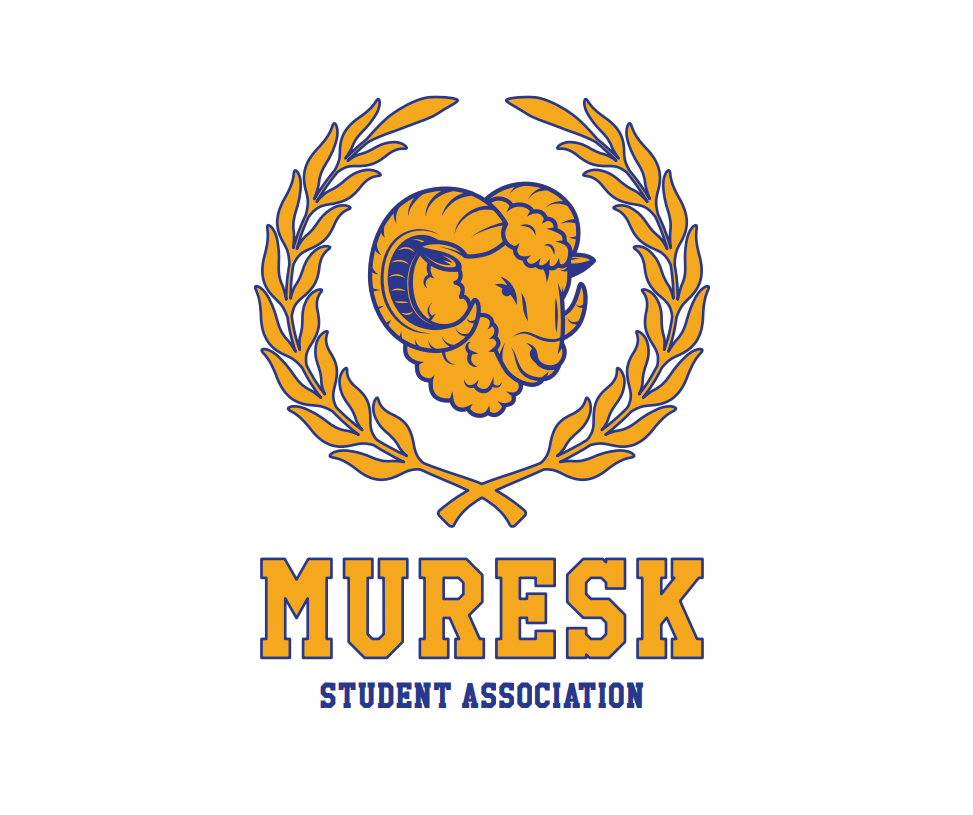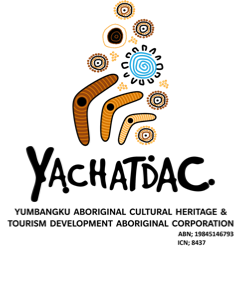Soils for Science Partners are organisations (ie schools, colleges, farms, companies and local councils) interested in working with UQ to achieve our Soils for Science citizen science goals to sample soils from across Australia, to fast-track the discovery of next-generation antibiotics.
To be eligible to be a Soils for Science Partner an organisation must have a valid ABN/ACN.
Becoming a Soils for Science Partner
Please email us: soilsforscience@uq.edu.au and request a copy of the Soils for Science Partner Agreement and instructions on how to proceed. Once you read, agree, sign, and return the document we will review, countersign, and provide you with an executed copy of the agreement. On receiving your executed agreement your organisation is now a Soils for Science Partner.
Benefits for Soils for Science Partners
- Cross Promotion: Soils for Science Partners will receive media resources from UQ that they can use to promote their involvement in Soils for Science. Likewise, Soils for Science Partners can provide UQ with media resources that we can use to promote partner involvement on the Soils for Science website and in presentations, social media posts etc.
- Special Kits: We will work with Soils for Science Partners to understand their needs and will design and supply purpose-built soil sampling kits ranging from 100 to 500 sample bags.
- Education and Presentations: Where appropriate we will work with partners to provide online and/or in person presentations to their staff, students, members, to explain the aims of Soils for Science, and the need to develop new antibiotics.
Responsibilities of a Soils for Science Partner
Soils for Science Partners agree to the terms and conditions outlined in the Soils for Science Agreement, which include following the instructions provided with soil sampling kits, to collect more than 100 soils, and to register these in the Soils for Science app prior to returning them to UQ.
Feature Partner: Queensland Family Cohort Study

The Queensland Family Cohort Study is the latest longitudinal birth cohort in Queensland since the 1980s and we are proud to welcome them as Soils for Science Partners.
This research study is investigating how to improve the well-being of families in Queensland by collecting anonymous data from families expecting a child in Queensland.
Similar to the ethos of Soils for Science, the Queensland Family Cohort Study works with families, collects environmental data and has a team of researchers who are experts in relating this information to the health of pregnant individuals and their partners.
The Cohort team and Soils for Science were connected by a mutual collaborator as the goals of the study - understanding health needs of families and providing information back to the family - align with the Soils for Science objectives.
The Queensland Family Cohort Study are looking forward to sharing Soils for Science with their families and anticipate many of their Queensland families will be excited to take part in another opportunity to benefit Queensland research, and ultimately, Queensland families.
The Queensland Family Cohort Study hope by sharing their study information with collaborators such as Soils for Science, they can involve more families and understand the impact of the environment on the health of Queensland babies.
Partner: Bray Park State High School
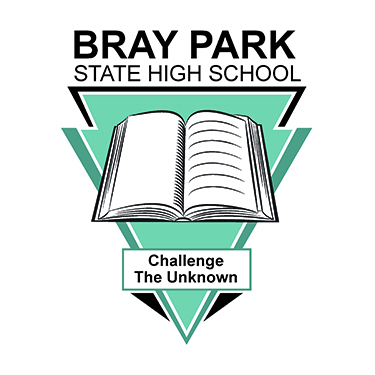 Bray Park State High School is a secondary school located in Brisbane's northern fringes. It was founded in 1987 and has seen recent expansion in line with Brisbane’s continuing urban growth.
Bray Park State High School is a secondary school located in Brisbane's northern fringes. It was founded in 1987 and has seen recent expansion in line with Brisbane’s continuing urban growth.
Bray Park High School’s motto is “Challenge the Unknown”, and over the last three years, a junior school STEM program has been evolving, now called the STEM-INNOVATE program. This cross-curricular program is centered around the theme of sustainability, and for the current project, students designed and built a dual-purpose compost system that both recycles food waste and heats water. This gave students an appreciation of soil and its vital role in food production.
Science teacher and veterinarian Sue White first became involved with Soils for Science when she requested a soil test kit. Another opportunity to collect a soil sample presented itself during a training course run by Leichhardt Education, already a Soils for Science Partner.
As a veterinarian, Sue is acutely aware of the critical role played by antibiotics in animal and human health, and jumped at the chance to become involved with Soils for Science. The opportunity to involve students firsthand in such a valuable and authentic citizen science project collecting soil samples tied in nicely with the students’ composting project. The chance to help discover important microbes that could contribute to new antibiotics was really appealing, and quickly a new partnership between Bray Park State High School and Soils for Science was born.
Partner: YACHATDAC
Yambangku Aboriginal Cultural Heritage and Tourism Development Aboriginal Corporation (YACHATDAC) is a not-for-profit Aboriginal Corporation consisting of a majority of Iningai Traditional Custodians.
YACHATDAC manages Turraburra, an 8870-hectare property in Central West Queensland situated on ancient land that was an inland sea between 98 and 110 million years ago. It was also a swamp area where dinosaurs roamed. The landscape is varied, from spinifex to rocky outcrops featuring ancient Aboriginal artwork.
The property contains significant cultural heritage and environmental values that now benefit from YACHATDAC’s custodianship, including a rock art gallery, native wells, stone artefacts, artesian springs and vulnerable bird life.
Since the purchase of the property by the Indigenous Land and Sea in April 2019, YACHATDAC has destocked the land, which is now starting to regenerate. Plants and animals not seen for years are starting to return.
The Custodians also conduct traditional cultural burning, an Aboriginal ancient land management practice that helps restore native habitats. Because the fire burns slow, nutrients in the soil aren’t affected.
Ms Suzanne Thompson is the Managing Director of YACHATDAC and a senior traditional custodian. She has knowledge of Iningai country and culture and considerable experience in the delivery of caring for country initiatives.
Ms Thompson said YACHATDAC saw a partnership with Soils for Science as a great opportunity.
“We wanted to support an organisation who are tackling some of the world’s greatest health and environmental challenges and who are daring to imagine a better future for us all, especially in the fight against superbugs.
“Without programs like this one, we don’t have antibiotics and all the advances that have been made to enable people to live longer just disappear.”
YACHATDAC was formed with the objective of protecting cultural heritage assets, caring for country and reawakening and sharing of Iningai cultural knowledge. The organisation’s core focus is to ensure the continuation of caring for country activities across members and community interests.
The corporation successfully applied to the Indigenous Land and Sea Corporation (ILSC) for assistance under the OCOF program to purchase the property “Gracevale”, which they re-named Turraburra under a Lease Agreement with the ILSC. The ISLC is aiming to divest title of Turraburra to YACATDAC in 2022.
 Partner: Goondicum Pastoral
Partner: Goondicum Pastoral
Goondicum Pastoral is a cattle station encompassing 7,000ha of prime agricultural land, including the crater of an extinct volcano. Its unique geology and ecosystem make Goondicum an ideal site for research and CRATER, the Centre for Regenerative Agriculture Training Education and Research.
Nadia and Robert Campbell are graziers and joint owners of Goondicum, the fifth generation on Goondicum Station.
“We are passionate about regenerative agriculture and committed to raising our cattle in a low-stress, natural environment,” Nadia said.
“We are very excited to have partnered with UQ IMB Soils for Science. It is great to be involved in work that shows the mutually beneficial relationship between agriculture and nature, and one that will greatly benefit the natural Australian environment and its natural resources, like soil.
“Much of this scientific work holds the key to solving important problems encountered in human medicine, veterinary science, and agricultural production, so the application of this research extends beyond one isolated industry to tie agriculture, environmentalism, medicine and science together.”
Professor Rob Capon said Goondicum Pastoral had been an informal partner from the early days of Soils for Science. with many of the first soil samples coming from this station in central Queensland.
"The soil samples were collected as part of a Soils for Science pilot program carried out in mid-2020 on this remarkable pastoral property, Goondicum, uniquely situated in an extinct volcanic crater in the Blue Mountains at the headwaters of the Burnett River, inland from Gladstone.
"Rob and Nadia are strong advocates for low environmental impact livestock production, regenerative agriculture and the protection of native wildlife and habitats. The Campbells are keen supporters of the research carried out at the Institute, and we are delighted to formalise this partnership."
The Institute has also worked with CRATER on uderstanding glow-in-the-dark scorpions. To learn more about this project, see the documentary produced by CRATER.
 Partner: Muresk Institute
Partner: Muresk Institute
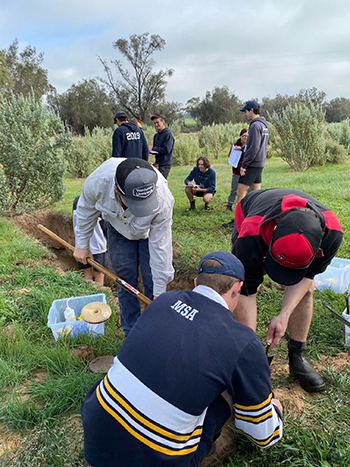 Located on a working farm around 90km east of Perth in the West Australian wheatbelt, Muresk Institute was inspired to join the Soils for Science Program after seeing the impact of soil microbe research.
Located on a working farm around 90km east of Perth in the West Australian wheatbelt, Muresk Institute was inspired to join the Soils for Science Program after seeing the impact of soil microbe research.
“We didn’t realise the impact microbes had in modern medicine and we felt the urgency to support this research in any way possible.
“Previously, we did our own soil sampling throughout the farm, but the importance of microbes in the soil never occurred to us and how these living organisms have more benefits then just assisting in crop and pasture production.
“It really opened our eyes to see that something we typically thought of as an aid in the cultivation of crops and pastures was also the key to saving millions of lives."
Many who attend Muresk Institute and come from farming backgrounds tend to look at soil as the vital component for many agricultural systems. But we can now see it for much more – a vital component in the future of lifesaving medicine.”
Thank you to our current Soils for Science Partners
